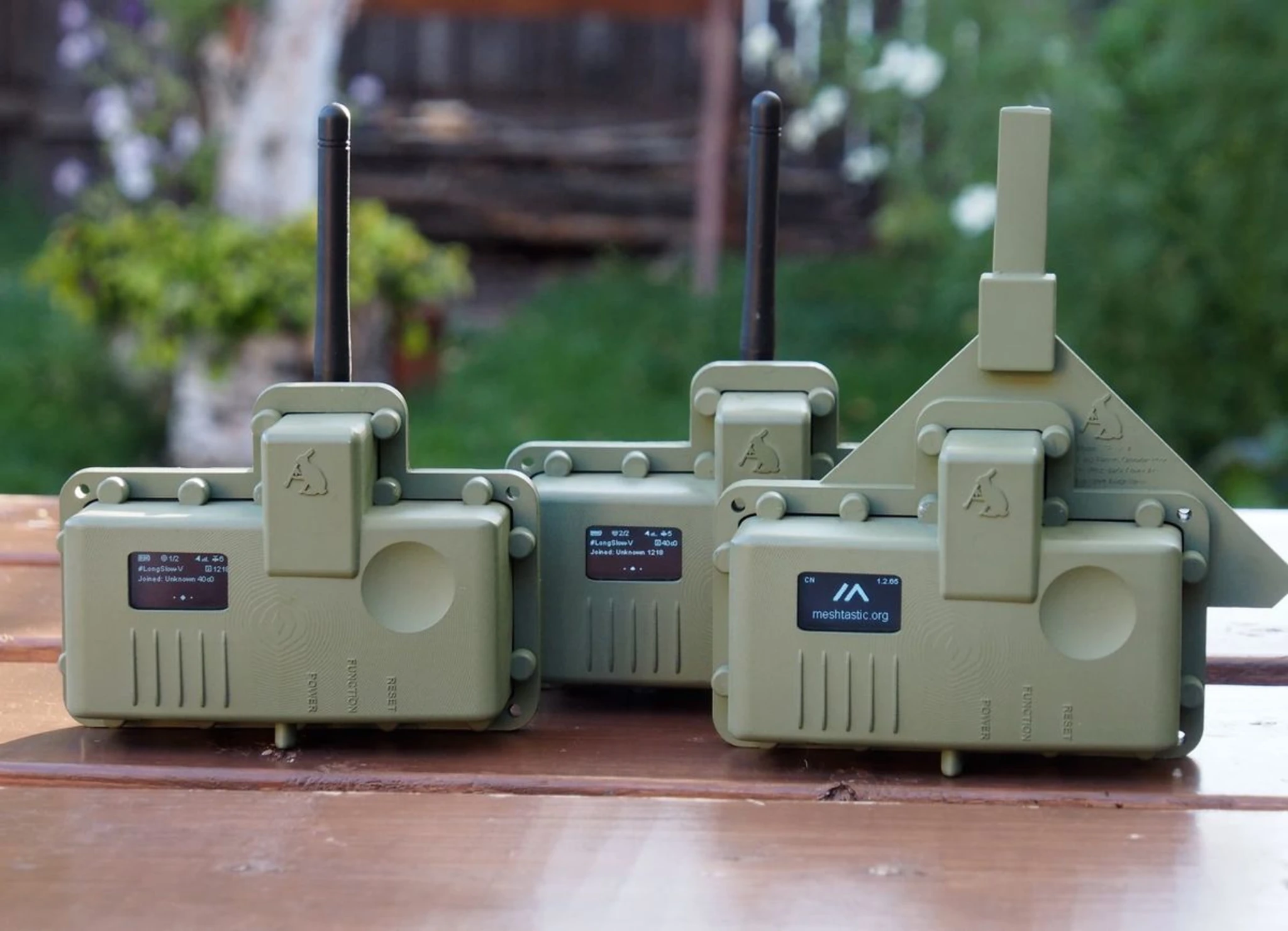One day, everything is working fine—the lights are on, your phone has a full signal, and your bank account is accessible. Then, in an instant, it all stops. No power, no internet, no running water, no access to money. What seemed like an ordinary day has turned into a survival situation, all because of a cyberattack that took down the grid.
We live in a world that depends entirely on digital infrastructure. Electricity, banking, food distribution, communication—everything runs on complex, interconnected networks that can be hacked, sabotaged, or disabled in an instant. Governments, corporations, and security experts have long warned that a large-scale cyberattack on critical infrastructure could cause nationwide blackouts, financial collapse, and social unrest. The worst part? Most people aren’t ready.
If a cyberattack takes down the grid, survival will come down to who prepared and who didn’t. Without power, food, water, and medical supplies, society will unravel quickly. You need to understand the risks, prepare in advance, and know what to do when the grid goes dark.
How a Cyberattack Could Collapse Society
Unlike natural disasters, a cyberattack can strike without warning. One moment, everything works—the next, nothing does. The effects depend on the scale of the attack, but if a hacker group or hostile nation successfully targets critical systems, the consequences could be catastrophic.
A cyberattack on the power grid could cause massive blackouts, shutting down electricity for weeks or even months. Without power, water treatment plants fail, leaving entire cities without clean drinking water. Banks and payment systems go offline, making credit cards and ATMs useless. Supply chains break down, meaning grocery stores will be stripped bare within hours. Hospitals, which rely on electricity and digital records, will struggle to function, leading to chaos in medical care.
In the worst-case scenario, society could collapse in a matter of weeks. Without power or communication, people will panic, and looting will follow. Law enforcement will be overwhelmed. If the outage lasts long enough, survival will depend on those who planned ahead and know how to function without modern conveniences.
How to Prepare for a Grid-Down Cyberattack
The key to surviving a cyberattack that cripples the grid is preparation. Once the attack happens, it will be too late to stock up or make a plan. You need to ensure that you have essential supplies and systems in place before disaster strikes.
Securing Water and Food Before It’s Too Late
Without power, water stops flowing. Municipal systems fail, and within days, people will be desperate. Storing enough water is essential. You should have at least one month’s supply per person, with purification methods like filters, tablets, or boiling as backups. If you have a well, installing a hand pump ensures access even if the grid fails. Rainwater collection can also supplement your supply, but only if you have a filtration system to remove contaminants.
Food shortages will follow quickly after an attack. Grocery stores run on just-in-time delivery systems, meaning most locations have only a few days’ worth of stock. Without functioning supply chains, food supplies will vanish almost immediately. The solution? A long-term food storage plan. Canned goods, dry staples like rice and beans, and freeze-dried meals should be stockpiled ahead of time. If the outage lasts for months, those who can grow food, hunt, or forage will be far better off than those who only stored supplies.
Protecting Your Money When Banks Go Dark
In a cyberattack scenario, banks and ATMs will be among the first systems to fail. Without access to digital transactions, people will panic, and a run on the banks will wipe out cash reserves quickly. If you don’t already have physical cash on hand, you may find yourself unable to buy even basic necessities. Keeping a reserve of small bills is crucial since merchants may not be able to make change in a crisis.
Beyond cash, alternative assets like silver, gold, and tradeable goods become valuable. When the grid is down for an extended period, bartering will take the place of digital transactions. Having extra food, fuel, medical supplies, and ammunition can serve as currency when money no longer holds value.
Communication and Power in a Digital Blackout
A cyberattack that shuts down the grid also means no internet, no phone service, and no way to access news. Most people rely entirely on digital communication, leaving them blind in a disaster. To stay informed and connected, you need alternative communication methods. Battery-powered or hand-crank radios allow you to receive emergency broadcasts. HAM radios offer long-range communication, while walkie-talkies are useful for staying in touch locally.
Generating your own power will also be a game-changer in a prolonged blackout. Solar panels, backup batteries, and generators can provide critical electricity for lighting, medical devices, and communication tools. However, fuel will become scarce, so conserving energy is essential.
Security and Defense in a Lawless Environment
When the grid goes down, law and order won’t last long. Police will be overwhelmed, and as desperation grows, looting and violence will spread. Those who are prepared and have supplies will become targets.
The first step to staying safe is keeping a low profile. Avoid drawing attention to the fact that you have food, water, or power. If people know you’re well-prepared, they may come looking for handouts—or worse. Strengthening your home’s security is also crucial. Reinforce doors and windows, install motion sensors, and have a plan for defending your property. Firearms are an effective deterrent, but only if you are trained and responsible with them.
Beyond personal defense, forming a trusted group of neighbors or survival allies increases your chances of long-term survival. A lone individual can be overpowered, but a well-organized group can protect resources and maintain order.
What to Do Immediately After a Cyberattack
If a major cyberattack hits, your first move should be to assess the situation quickly. Check if power is out just in your area or on a larger scale. If cell service is still available, use it to gather information before networks collapse. Battery-powered radios can provide updates if the internet is down.
Once you confirm that the attack is widespread, lock down your supplies and avoid unnecessary travel. Gas stations will be emptied, and driving may be dangerous as panic spreads. If you still have time, make one last supply run before stores are picked clean. Fill water containers, secure cash, and reinforce your home against possible intrusions.
Then, shift into long-term survival mode. Ration food and water, establish secure routines, and prepare for a prolonged period without modern conveniences.
Final Thoughts: Will You Be Ready?
A cyberattack that takes down the grid isn’t just a theoretical threat—it’s a real possibility in today’s world. The moment the power goes out, the countdown begins. If you aren’t prepared with water, food, security, and a survival mindset, you could quickly find yourself in a desperate fight to stay alive.
Survival won’t come down to who has the most money in a bank account or who owns the best gadgets. It will come down to who is ready to live without them. The time to prepare is now—before the lights go out for good.



